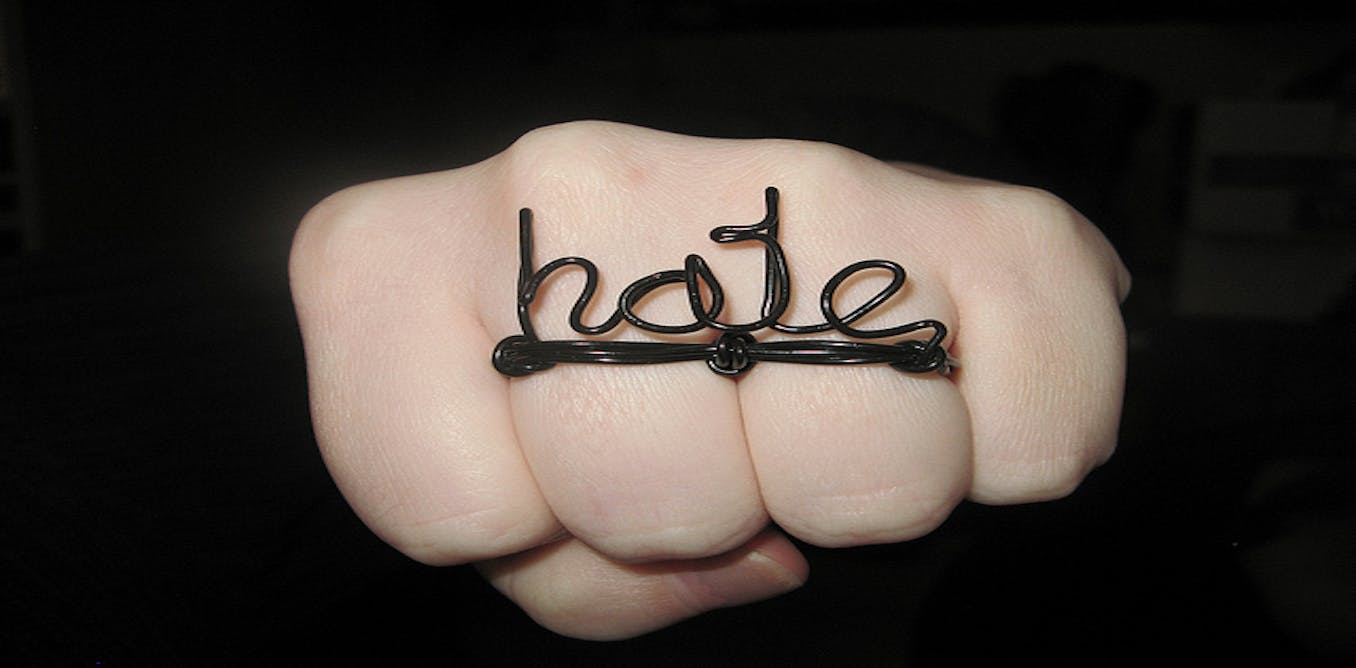‘Just a code word for privatization,’ Aug. 18
The unconscionable and heartless directive by the Ford government to free up hospital beds by having “elderly” patients transferred to long-term care (LTC) facilities far removed from their families and communities, follows the same scheme the McGuinty-Wynne Liberals hatched, which brought the same outrage that families and others are expressing now.
The Conservatives have blatantly put ageism forward by discriminating against people of a certain age as “elderly.”
Where do those other adults waiting for nursing home placement fit into the government’s solution of clearing hospital beds?
To label those of any age waiting in hospital for accommodation in a long-term facility as “bed-blockers” shows a disturbing indifference to them.
The chaos in hospitals is not the fault of Ontario seniors, but government has shamefully placed the blame on some of our most vulnerable people.
Privatization does not work, Aug. 12
Remember how former Premier Mike Harris “created a crisis” in education with the goal of privatizing?
Well, today Premier Ford has created a crisis in health care and, surprise, surprise, he is talking about privatization, which has already wreaked havoc in long-term-care (LTC) homes.
Ask yourself if education is any better for Mike Harris’s heavy-handed disruption tactic?
I submit that things are much worse.
If anyone thinks privatizing healthcare will make things better, look to the past, then think again!
As George Santayana once wrote, “Those who cannot learn from history are doomed to repeat it.”
Jonathan O’Mara, Whitby, Ont.
Privatization does not work, Aug. 12
While I am not schooled in the intricacies of economics, it does seem to me that any model of privatization means profit, by which the provider must charge more, through extra billing, not covered by OHIP, or reduce costs, such as offering staff less money and benefits, and/or reducing the number of staff, and thereby lower the quality of service.
It only makes sense that privatization results in greater costs to the tax-payer and consumers, and less quality to those unable to pay for enhanced services.
While privatization advocates claim that fewer people will be waiting in the public system, they fail to state that a private tier would syphon off professionals (already in short supply) from the public system, contributing further to the strain on our public system.
We must maintain the integrity of our universal heath care system.
Sylvia Jones warns ‘status quo’ in Ontario health care is not sustainable, Aug. 17
It apparently was not bad enough the Ford government opted for mass institutionalization of our seniors in long-term care facilities in defiance of their stated wishes to age in place.
Now to fill empty LTC beds in the white elephants his government has funded to the tune of over $6 billion of taxpayer’s money? They plan to ship our seniors, like cattle, from one community to another so they don’t “block beds” in hospitals. Remove them from all that is familiar at the most vulnerable time in their lives to a place they don’t know, to be cared for by strangers, where it is difficult for family to visit?
In other words, abandon them after a lifetime of helping to build this province.
Could this government possibly have a more contemptuous view of older adults? Is this really what Ontario voted for?
Patricia Spindel, Ajax, Ont.
UPDATE: Let's give the final word to Brittlestar:


